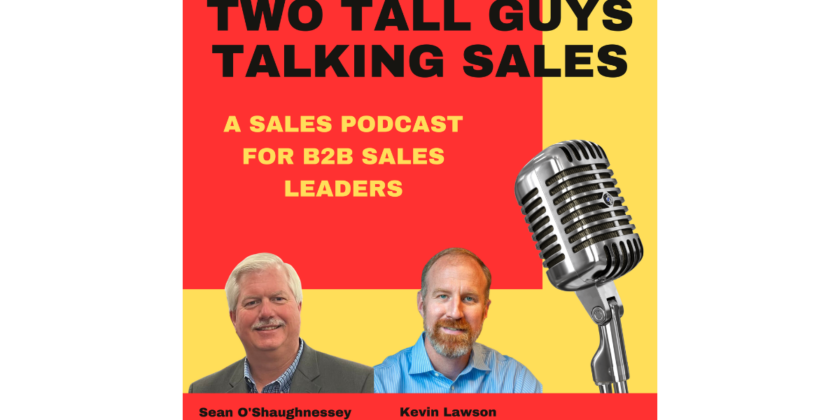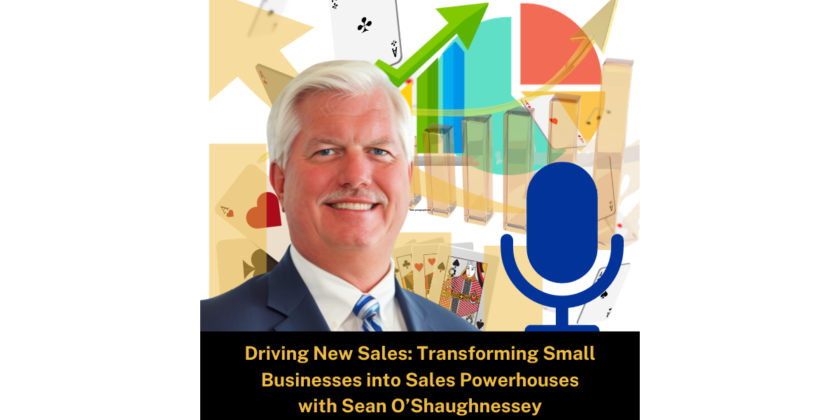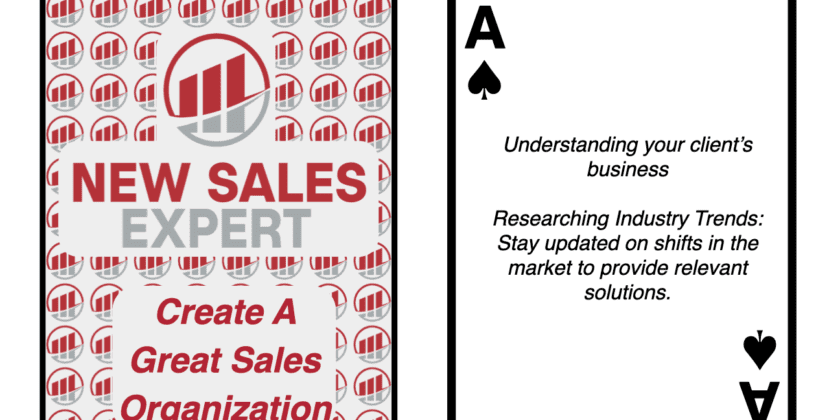Sailing Through the Business Sea: The Imperative of Understanding Client Industries
In the intricate dance of sales management, salespeople often become profoundly attuned to their own products, services, and performance metrics. However, they sometimes lose sight of an elemental cornerstone: genuinely understanding the client’s business. This omission is akin to a sailor venturing into the sea without comprehending its currents and tides. A lack of this depth of knowledge can lead one astray, making the voyage uncertain and potentially perilous.
Let’s start with an underlying principle: triumph isn’t simply about the merit of your product or service in the sales ecosystem. It’s intricately tied to the bigger picture of your client’s sector, their unique requirements, and inherent challenges. For instance, a physician would never recommend a new drug without an exhaustive assessment. Similarly, a sales maven should not provide solutions without a comprehensive grasp of the client’s operational goals and challenges.
Picture the world of commerce as a sprawling symphony with its distinct sections – finance, technology, health, entertainment, and more. Introducing a novel element into this setting without recognizing its intended cadence and synchronization is like striking a discordant note amidst a harmonious performance.
Moreover, the essence of industries is not static. They’re akin to living entities, evolving and reshaping, influenced by many external dynamics. Remember the challenges of supply chains a few years ago during the global pandemic crisis, which was disruptive to nearly every industry. Reflect on the tech sphere, where an innovation leap of merely 10% can redefine market paradigms. Or ponder the fashion industry, where trends can instantly pivot demand dynamics. This underlines the paramount significance of monitoring industry currents. It’s about envisioning not just the present but anticipating the future trajectory. And this foresight isn’t just academic—it’s a tangible asset sculpting sales tactics, product innovations, and client dialogues.
With each industry wave comes a plethora of challenges and windows of opportunity. A sales expert attuned to these modulations can craft proactive strategies. For instance, if insights indicate a surging trend of telecommuting in a domain, a firm dealing in office essentials might transition towards catering to home office needs. The fulcrum here lies in actionable strategies. Recognizing a shift is the starting line. The finish line? Crafting aligned strategies saying, “We recognize your industry’s transition, and our solution is primed to cater to it.”
To the CEOs, sales leaders, and organizational vanguards heeding this narrative, the takeaway is obvious: arm your sales brigades with the arsenal to perpetually decode industry waves. Foster a culture of perennial learning through seminars, journals, or deep-dive analytical sessions.
The commercial realm doesn’t exist in isolation. A ripple in one segment can cascade through others. By ensuring your salespeople are enlightened about their relative industry and the overarching market landscape, you elevate them, and consequently, your enterprise, to a pedestal of relevance, cognizance, and adaptability.
Truly grasping your client’s domain transcends the immediate deal. It crafts enduring alliances, painting you as an ally, not merely a supplier. Demonstrating to a client your intrinsic understanding of their industry’s intricacies, evolutions, and potential paths carves an indelible impression. It resonates with the ethos, “As your domain transitions, we remain with you, presenting apt solutions at every juncture.”
In the fluctuating oceans of commerce, let profound insight and cognition be your navigating star, directing you toward triumph, pertinence, and perennial collaborations.







